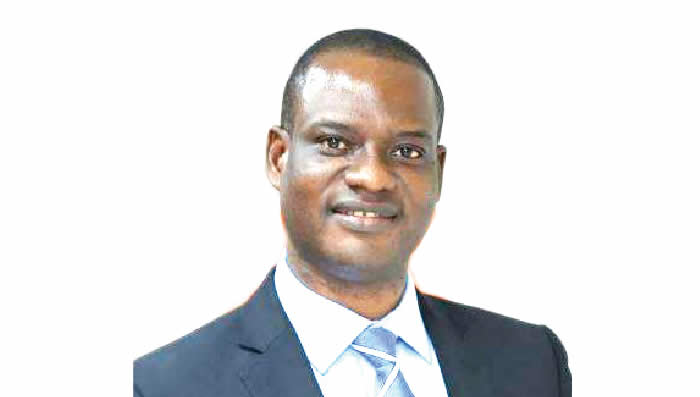
The Chairman of the Presidential Committee on Fiscal Policy and Tax Reforms, Taiwo Oyedele, has indicated that Nigeria’s current Value Added Tax (VAT) structure might be retained in its present form due to the debates and resistance surrounding proposed changes.
Oyedele made this statement on Sunday during a live interview on Arise TV, where he discussed the tax reform agenda initiated by President Bola Tinubu. The reforms are part of efforts to modernize Nigeria’s tax system and stimulate economic growth.
In October 2024, President Tinubu introduced four key tax reform bills to the National Assembly: the Nigeria Tax Bill 2024, the Tax Administration Bill, the Nigeria Revenue Service Establishment Bill, and the Joint Revenue Board Establishment Bill. These proposed laws aim to consolidate existing tax regulations, streamline administration, and boost revenue collection. However, they have faced opposition, with critics arguing the reforms might disproportionately favor certain regions of the country. Changes to VAT distribution and collection have been particularly contentious.
Oyedele assured that his committee’s proposals regarding VAT were designed to benefit all parts of Nigeria. He added that if the preference is to retain the current VAT structure, his team is open to maintaining it.
“There were two important points Mr. President made. First, he emphasized that tax reforms are non-negotiable. We cannot continue using colonial-era laws and expect Nigeria to develop,” Oyedele said. “However, when asked if compromises could be made, he agreed. While tax reform is essential, the specifics of the bills remain flexible.”
Oyedele addressed concerns about VAT distribution, clarifying that the current system disproportionately benefits states where large corporations are headquartered, such as Lagos and Rivers. He explained that VAT, introduced in 1993 to replace state-level sales taxes, lacks constitutional backing.
“The 1999 Constitution replicated the 1979 framework, which didn’t account for VAT. As a result, VAT collection continued federally, sparking disputes from states like Rivers and Lagos, which argue for state-level collection to better reflect their contributions,” Oyedele explained.
He warned that allowing states to collect VAT independently could create chaos for businesses due to inconsistent practices, particularly regarding input-output calculations. The reform proposals aim to address these inequities while ensuring a more balanced system.
Oyedele also noted that large corporations typically remit VAT from their headquarters, often located in Lagos or Rivers. This practice skews revenue distribution, with states housing corporate operations not receiving equitable benefits.
He expressed concern over the potential withdrawal of the tax reform bills from the National Assembly, stating that reintroducing them could face significant obstacles. “Withdrawing these bills would complicate consultations and delay much-needed progress,” he cautioned.
The ongoing debates underscore the challenges of overhauling Nigeria’s tax system, balancing regional equity with administrative efficiency.
Comments